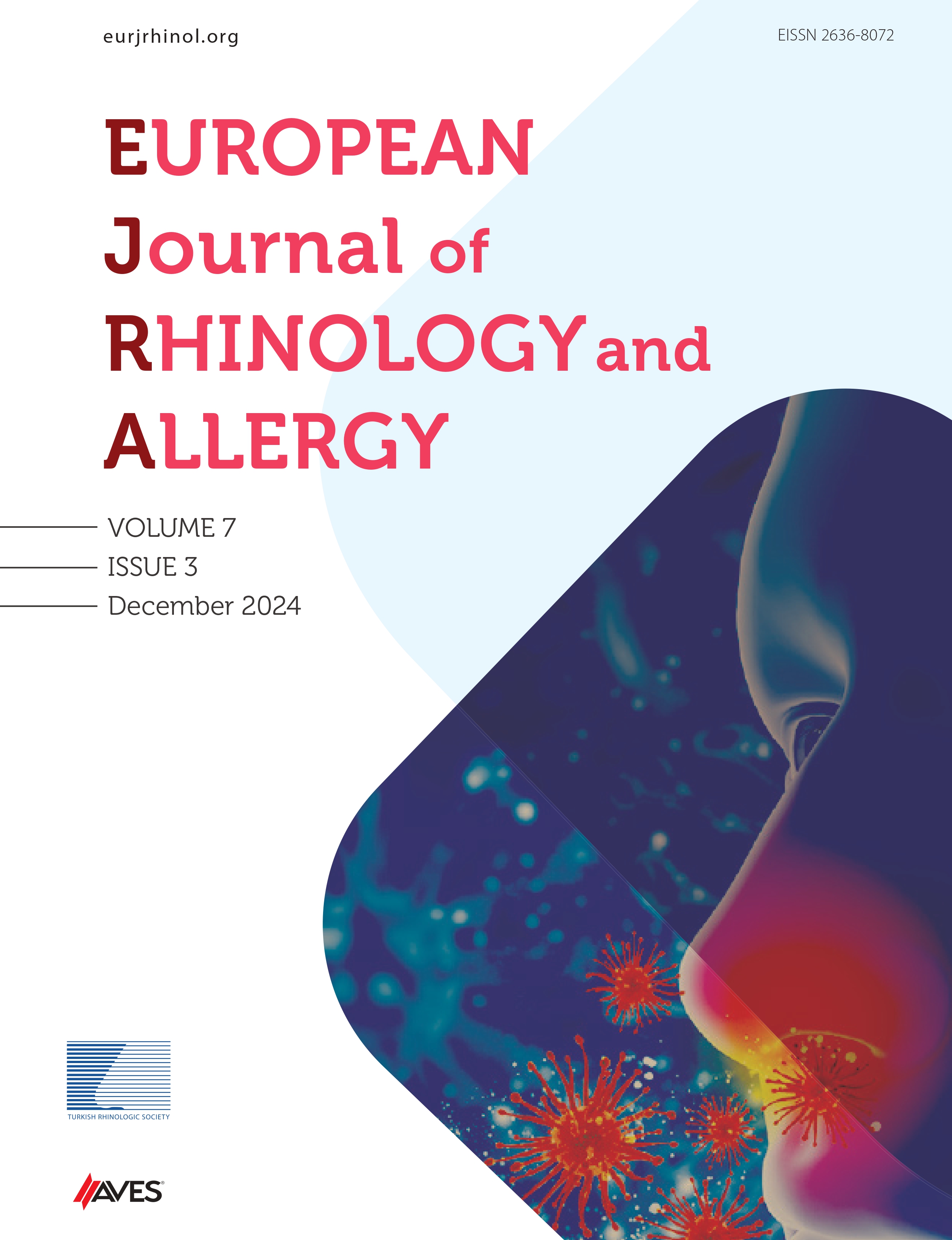Objective: The variations of the nasal turbinates have been implicated in the pathogenesis of rhinosinusitis. Accordingly, this study aimed at elucidating the variations of the nasal turbinates in adults.
Methods: This retrospective study was conducted in the Radiology Department of a teaching hospital. Following ethical approval, brain CT scan images of 336 patients aged 20-99 years were used to study the nasal turbinates. Data were analyzed using Statistical Package for the Social Sciences (SPSS) version 23.0 (IBM SPSS Corp.; Armonk, NY, USA) and summarized in frequencies. Chi-square test was used to evaluate for gender and side differences in the frequencies of the variants. A P-value of <.05 was considered statistically significant.
Results: Concha bullosa (CB) was the commonest variant (28.6%) followed by the paradoxically curved middle turbinate (PMT) (14.3%) and inferior turbinate hypertrophy (14.3%). The least prevalent variants were pneumatized superior turbinate (6.5%) and hypoplastic inferior turbinate (4.5%). None of the variants showed a statistically significant gender difference (P > .05). Both CB and PMT showed a statistically significant side difference (P ¼ .001).
Conclusion: The presence of the variants of the nasal turbinates in this study emphasizes on the need for preoperative imaging prior to functional endoscopic sinus surgery, which is becoming popular among otolaryngologists. This will ensure the successful restoration of sinus ventilation and drainage and minimize complications.
Cite this article as: Ominde BS, Ikubor J, Iju W, Nekwu O, Igbigbi PS. Variant Anatomy of the Nasal Turbinates in Adult Nigerians. Eur J Rhinol Allergy 2021;4(2):36-40.

.png)

.png)